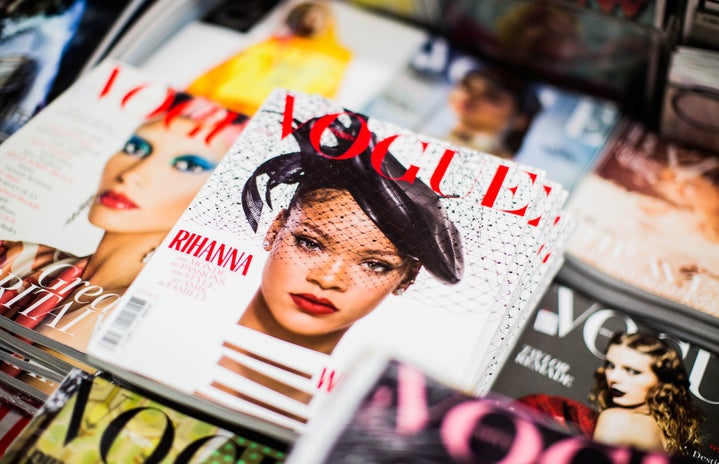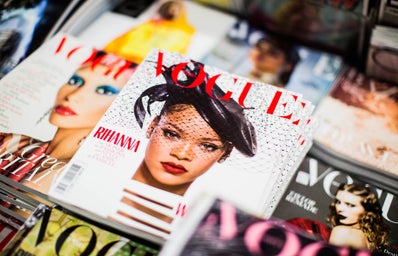People were outraged following the launch of Rihanna’s Savage x Fenty lingerie show, which premiered online on the 2nd of October. The root of this wave of disapproval was due to the song choice during the show, which included the inappropriate usage of Islamic verses.
The song was called “Doom” and produced by Coucou Chloe, which played in the background as models danced along during a section of the show. It consists of a remix of a Hadith; a collection of sayings by the prophet Muhammed referring to judgement day.
A huge number of the audience were disappointed with the use of the song, considering that Rihanna had gained widespread attention and praise for her brand due its focus on inclusion and diversity.
“Okay the fact that Rihanna’s show was supposed to be a keystone for “inclusion” while she completely alienated the Muslim community by disrespecting a Hadith recitation is the perfect showcase of how fashion brands & the media have never considered us as a part of their audience” said Twitter user, @myeshachou.
Another Twitter user, @itsayaaani, wrote, “A narration of the Hadith being used in Rihanna’s Savage x Fenty show is a clear example of why cultural/religious competence is important in media. Diversity without respect and boundaries for other beliefs is useless.”
Despite the uproar caused by the upsetting appropriation of sacred Islamic verses, this was not the only issue that people had with the fact that the song was used for the show.
In an Instagram post criticizing the distasteful choice of music, @shamiruk explains that among several issues, “deep contradiction & incompatibility of Islam with nudity & public displays of sexuality” was another reason why the use of the song was completely unacceptable.
Subsequently, 4 days after the show, Rihanna posted an apology on her Instagram story in response to the immense backlash she received. She stated that it was an “honest, yet careless mistake” and that she understood that she has “hurt many of [their] Muslim brothers and sisters,”.
“I do not play with any kind of disrespect toward God or any religion and therefore the use of the song in or project was completely irresponsible!”, she wrote.
Additionally, Coucou Chloe took to Twitter to apologise for her contribution to the upset in the community. She explained that she was unaware of the origins of the samples she used for the song and was oblivious to the fact that they were taken from an Islamic hadith. She further stated that she took “full responsibility for the fact that [she] did not research these words properly”.
Unsurprisingly, both Rihanna and Coucou Chloe’s apologies were met with a variation of mixed responses. While some praised them for acknowledging the incident and admitting their mistakes, others condemned Rihanna for not being sufficiently thorough with her song choice. Suggestions were also made that Coucou Chloe was fully conscious of the source of the samples contrary to her own statement, as the title clearly foreshadows the meaning behind the Hadith used.
Although Rihanna has empowered many people on a global level, it is evident that the Muslim community was marginalized through this event and it has proven to be an inexcusable exclusion of the community. It is always important to raise awareness and call out your favourite artists on their mistakes regardless of how much good they’ve done! After all, we’re all humans and every so often, we all make mistakes.
Words By: Ellis Ellena Idris
Edited By: Anthea Pei


